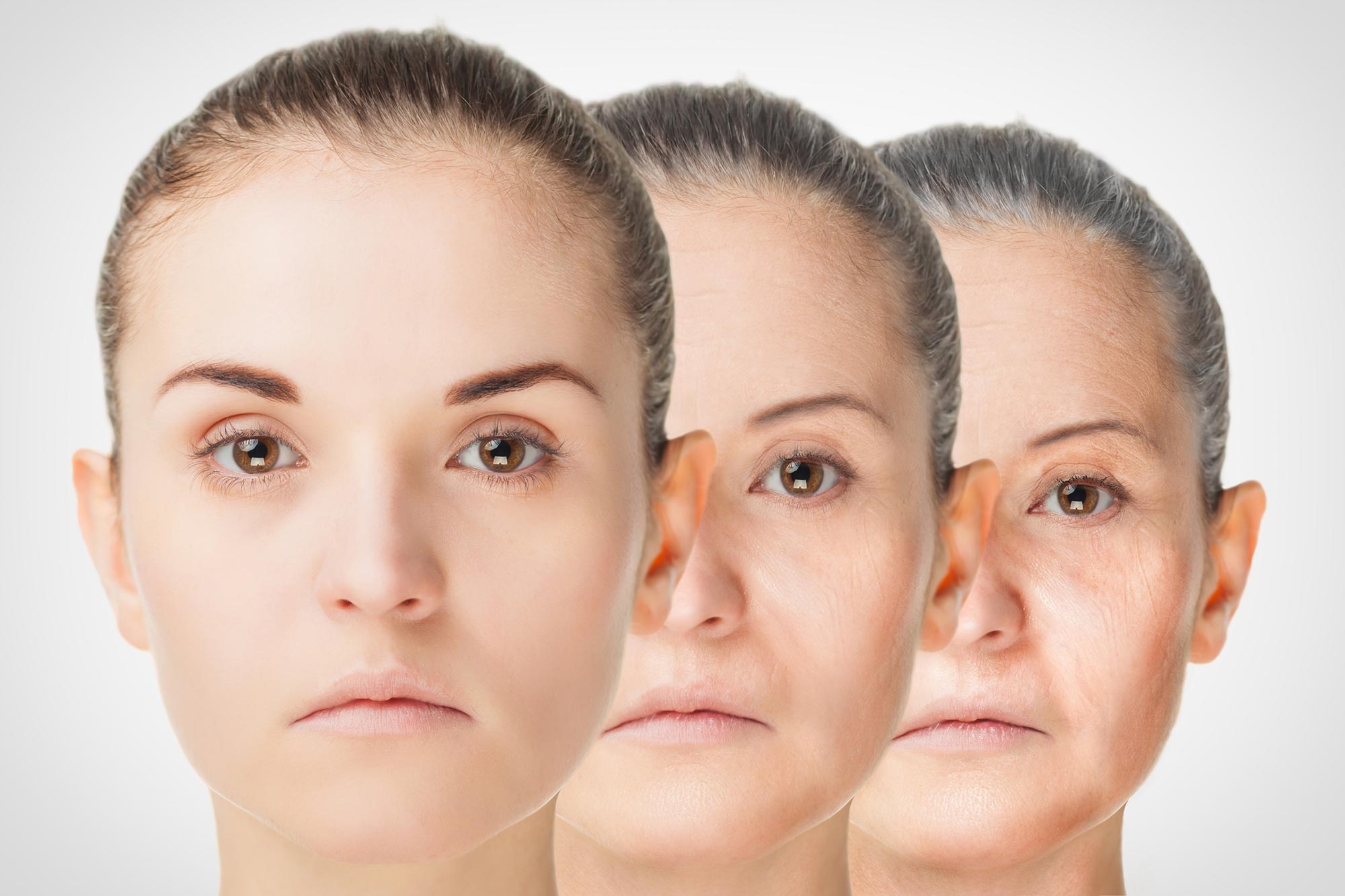Summary: New research reveals that nostalgic memories don’t remain emotionally static, they evolve over time. While these memories are typically rich in positive feelings at the time they occur, those feelings tend to fade, making space for rising negative emotions like regret and loneliness.
This bittersweet shift distinguishes nostalgic memories from ordinary ones, which tend to fade more evenly and less emotionally. Despite the emotional complexity, nostalgic memories still evoke more overall positivity than neutral or mundane memories when recalled.
Key Facts:
- Emotional Shift: Nostalgic memories become less positive and more negative over time, often intensifying emotions like regret and loneliness.
- Psychological Benefits: Despite the bittersweet transformation, nostalgia still promotes self-esteem, social connection, and a sense of meaning.
- Unique Trajectory: Unlike neutral or ordinary memories, nostalgic ones do not follow the typical fading affect pattern—they grow more emotionally complex with time.
Source: Neuroscience News
Nostalgia has long been described as “a joy tinged with sadness,” but why do cherished memories sometimes bring tears along with warmth?
A new study explores how the emotional tone of nostalgic memories evolves over time, revealing that the very memories that make us feel most connected can also become more emotionally complex, sometimes bittersweet, as they age.
Researchers from the University of Southampton conducted two experiments to trace how our feelings toward nostalgic memories change from the time an event occurs to when it’s later recalled.







 When we age, we should not be afraid of hair turning grey (or) skin sagging (or) wrinkles.
When we age, we should not be afraid of hair turning grey (or) skin sagging (or) wrinkles.